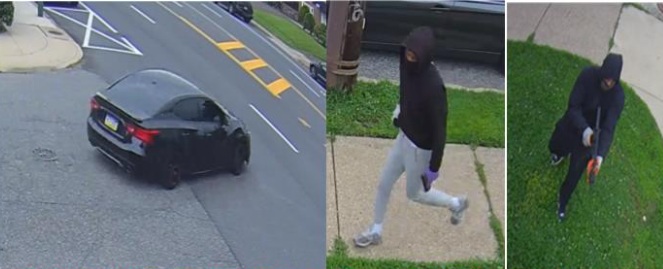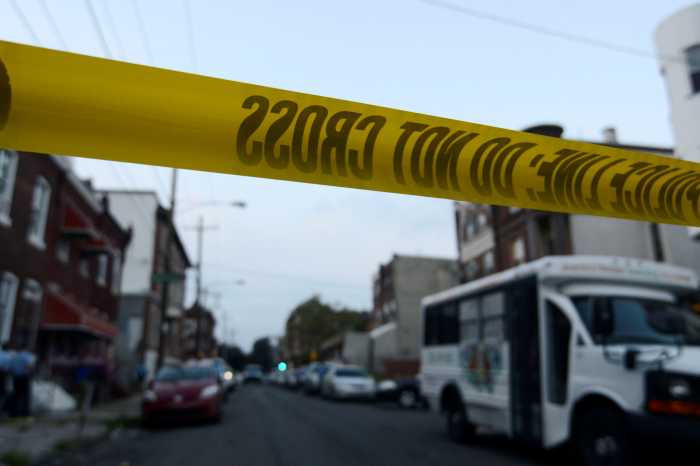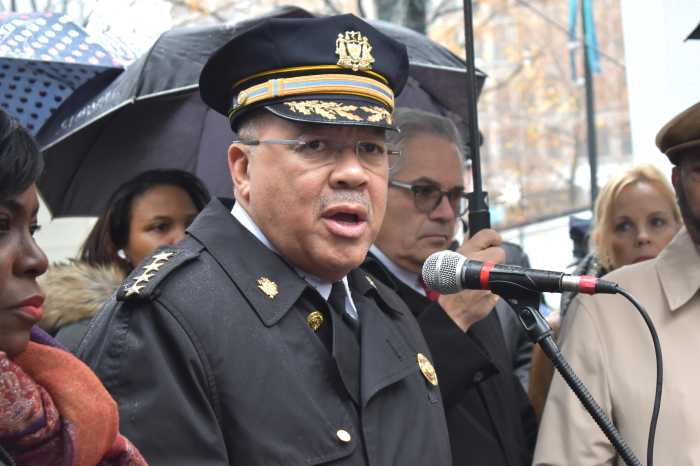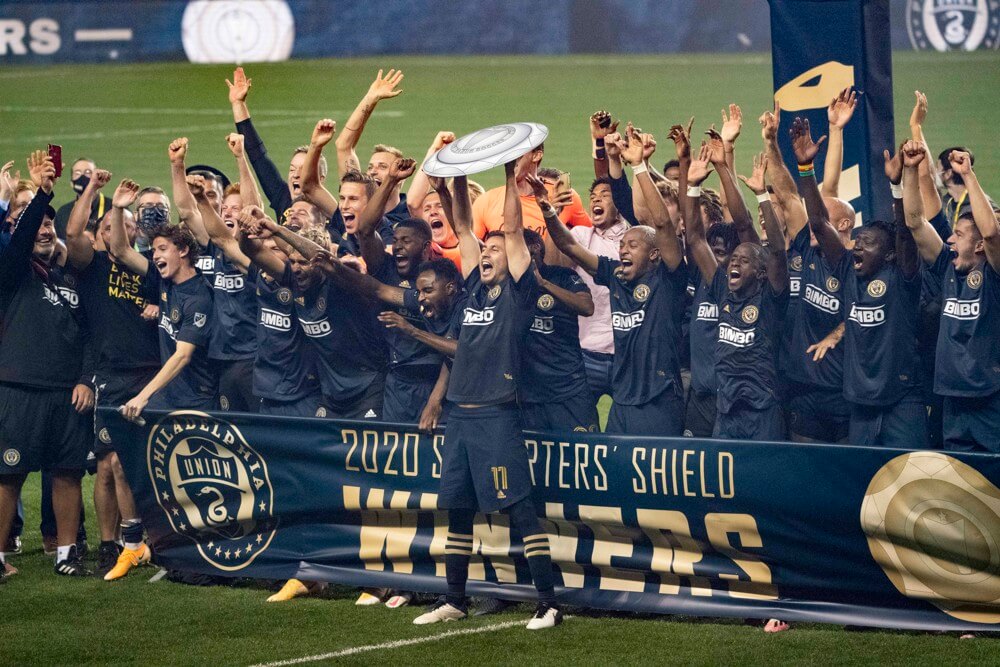Philadelphia DA Larry Krasner’s motion to drop all charges against Dontia Patterson for the 2007 murder of Antwine Jackson in Lawncrest was formally accepted by a judge on Wednesday, ending the case 11 years after Patterson was first arrested. It’s the first old murder conviction to be wholly thrown out since Krasner took office.
“The Commonwealth cannot retry Patterson on a case so completely lacking in integrity,” Krasner’s Homicide Chief Anthony Voci wrote in court papers filed on Tuesday. “Jackson’s family was not well served by the false ‘closure’ this unjust prosecution provided. The public was not well served by the failure to apprehend the likely main perpetrator in this matter, who was killed himself a few months later.” (The deceased, alleged true shooter was not named in public court filings “in order to avoid potential future violence related to this matter,” Voci wrote.)
Krasner’s push to drop the charges against Patterson, whose case was advocated by the Pennsylvania Innocence Project, was based on what he claims was the withholding of key evidence by police and prosecutors. Prosecutors now say a local store owner, Gregorio Mercado, who saw the shooting, said Patterson was not responsible, but was never called to testify in court. They also said prosecutors ignored a police report from a confidential informant identifying a different shooter immediately after the crime.
“An innocent man was convicted of a crime he did not commit, and it took 11 years for the criminal justice system to right that wrong,” said Marissa Bluestine, executive director of the Pennsylvania Innocence Project, which worked on Patterson’s case along with pro bono attorneys from Cozen O’Connor. “Had everything been fully turned over to the prosecution and to the defense, it’s quite possible Dontia would not have gone to trial, much less been convicted. There’s no reason to withhold information like that at trial.”
Patterson was arrested for Jackson’s 2007 murder in the Lawncrest area, allegedly sparked by a turf war between two rival drug gangs. The first jury hung 11-1, and on retrial he was convicted by a Philly jury of murder.
In February, Patterson’s conviction was vacated with support from Krasner’s office, and he was allowed to go home on house arrest pending a new trial. Now he’ll be free after Krasner’s decision to not re-prosecute, which has sparked criticism on social media from Philly attorneys who questioned the decisions to overturn a jury verdict.
But Krasner’s prosecutors called the Patterson case an “egregious example of police and prosecutorial misconduct in hiding evidence helpful to the defense.” In addition to the previously undisclosed report, prosecutors said Patterson was only arrested three months after the murder based on the testimony of two eyewitnesses who saw him from “approximately 40 yards away” and didn’t accurately describe his outfit.
Bluestine said Pennsylvania needs an “open-file discovery” law that would require all police investigative files to be shared with defendants to level the playing field in court.
“Had that been done, this would have been prevented,” she said. “I’m not saying ‘could have been prevented,’ I’m saying it would have been prevented.”
Patterson expressed his gratitude in a statement released after Krasner filed his motion. “Since I was 17, I’ve been saying I’m innocent, and every day since my arrest,” he said. “I didn’t kill my friend; I had nothing to do with what happened to him. I’m sorry for his family to have to relive his loss, but I’m so grateful justice has finally been done.”


























